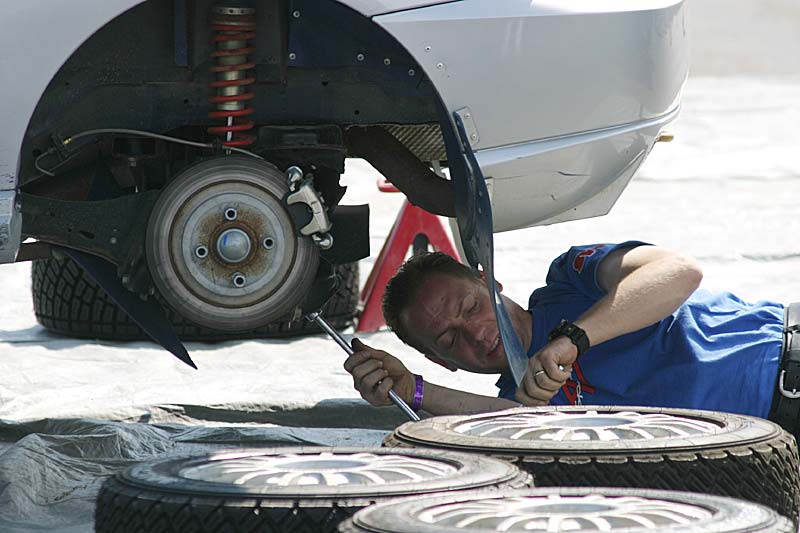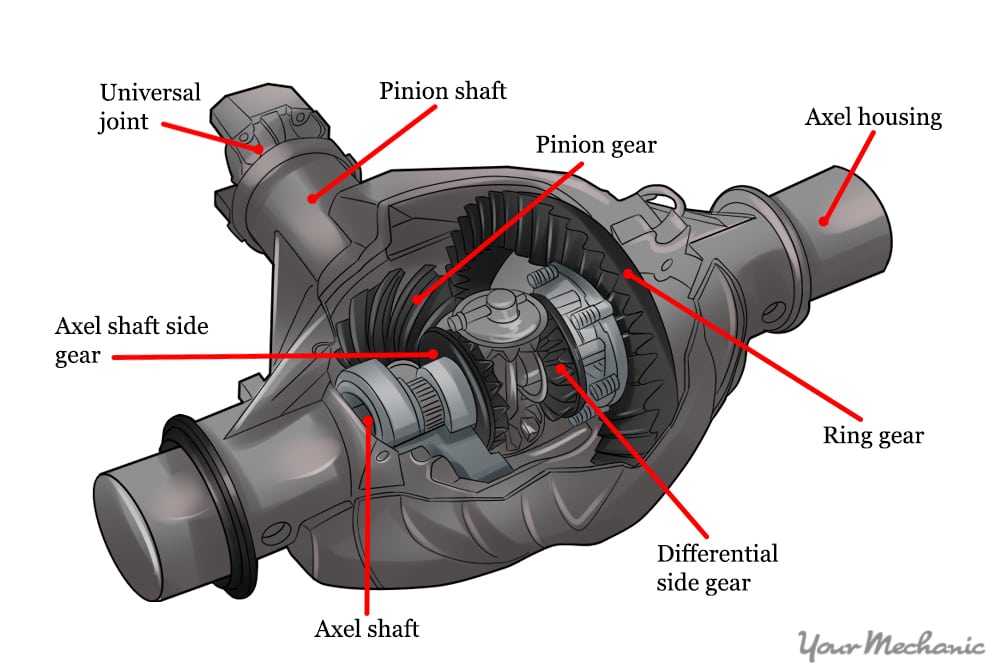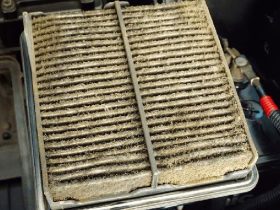If your teenage child has just got his own car, you must also be very aware of how important it is for your teen to drive safe, secure and sober. Statistics paint a very dark picture with this demographic having the highest involvement rate in all types of crashes for every mile traveled. It is necessary that your child knows the importance of defensive driving and that they have a good vehicle maintenance routine.
Teen drivers are excited and exuberant with finally having a set of wheels that they can call their own. But teen car ownership also provides an opportunity to learn valuable car maintenance tips. This not only helps your teen save money on expensive repair jobs but also keeps him safe on road.
Here are a few tips for your teen to make sure the car stays in good condition:
Take Care of the Tires
It is important that you take proper care of your vehicle’s tires. Your teen should ideally check the inflation each time he stops to fill gas.
Teach your child the maximum and minimum limits of tire pressure that should be maintained at all times. Driving on tires that do not have minimum pressure increases the chances of a crash drastically. Also, a properly inflated tire improves mileage of your car as well.
A tire blowout when speeding on the freeway can be dangerous or even fatal. Regular inspection will help spot and repair excessively worn treads, slow leaks and inadequate pressure. Remember that an overloaded vehicle can also lead to tire blowout.
Both over and underinflated tires can lead to crashes. The tire pressure warning light flashes on the dashboard if there is something wrong with the pressure level. Teach your teen to read warning lights and also provide him information regarding where he can find pressurized air stations in your community.
Refill Fuel at the Right Time
Teach your teen that he should not procrastinate from filling fuel. Running on empty gas tank can damage the engine components. Fuel-injected engines of modern cars (all post-90’s models) have gas-powered electric pumps that cool and lubricate engine components. When a car runs on empty fuel tank, the fumes will damage engine components leading to expensive repairs.
Change Oil in Time
Timely oil changes are necessary to maintain your car in top shape. Engine oil acts as a lubricant and protects and maintains moving components.
It is recommended that you change engine oil every 5000 miles or every 6 months. Failure to do so will lead to accumulation of dirt and sludge clogging your car engine, causing it to break down. Poor and faulty lubrication can damage engine and repair work will be very expensive.
Know the Dashboard Warning Lights
It is important that you teach your teen what the various dashboard warning lights mean.
The warning lights come on when there is something wrong or needs to be checked, or when fuel tank is empty.
They also come on when pressure in tires need to be checked, engine is not functioning properly, fluids are low or brake system is malfunctioning. Other instances include when hand brakes are on, battery needs to be charged, steering system is malfunctioning or if there is something wrong with the airbags. Some of these are grave faults in the vehicle mechanism which result in fatal crashes. Ensure that as soon as warning signs are on, your child either stops driving and gives you a call, or drive to the nearest mechanic for help.
If your child is aware of what each warning light signifies it will help him act sensibly when something goes wrong. It is also equally important that you teach your teen what should be done during emergencies so that he does not panic and get into trouble.
Check Filters Regularly
Air and oil filters are small components that affect the health of the car engine. They are not costly to replace and do a world of good to mileage and power of your car engine when they function optimally.
Air filters prevent dust, dirt, bugs, water and a host of other contaminants found on the road from getting past the air intake and into the engine itself. This prevents the engine from gathering road grime and corroding.
Oil filters catch contaminants and debris floating on the surface of engine oil and protect engine from abrasion. Impurities like metal shavings and dirt in the oil can wear down moving parts like ball bearings leading to an engine breakdown. Clogged filters can lead to a fall in oil pressure as well.
Faulty filters will not necessarily results in crashes, but are a sign of poor car maintenance which in turn contributes to accidents.
Lights Should Be in Good Condition
Other than the horn, lights are all that a driver has to communicate with others.
Remind your teen to give all the lights a weekly check at night. This will ensure that all lights are functioning. Your teen should change all faulty and damaged lights immediately to avoid dangers while driving.
Also, teach your teen about the lights and what each one indicates. Lights used while driving in fog or at night greatly help in visibility. Hazard lights and flashers will help your child warn other drivers should anything go wrong, and will help avoid mishaps.
Conclusion
A good driver should also know to look after his or her vehicle. A driver who is in tune with the needs of her car and careful about keeping it in the best condition will be able to drive her vehicle for long, and with no major repairs, so teach your child the basics of car maintenance and you know you have created a responsible driver for life.
Author Bio:
Kathleen Standley is a freelance content writer & blogger and a marketing geek. She is an avid reader and has been writing and blogging for the last 5 years. Presently, she works with Mike Bottaro – an expert Rhode Island Personal Injury Lawyer and Founder of The Bottaro Law Firm, LLC based in Cranston, RI. In her spare time, she loves to hang out with friends and enjoys meeting new people from her industry.






